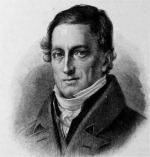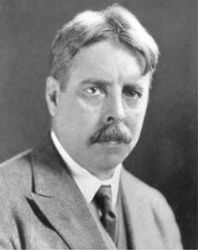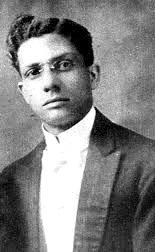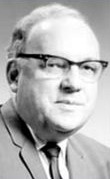Psychology Classics On Amazon

Educational Psychology
Writing in the encyclopedia of educational psychology, Dr. Neil Salkind defines educational psychology 'as the application of what we know about learning and motivation, development, and measurement and statistics to educational settings.'
Drawing from a diverse range of disciplines including; school psychology, anthropology, public health, sociology, counselling, philosophy and history; Salkind also notes that when taught 'educational psychology is an ambitious course that undertakes the presentation of many different topics all tied together by the theme of how the individual can best function in an "educational" setting.'
In terms of applied theory, research and practice, areas of interest within educational psychology include:
- Constructivism
- Information Processing
- Social Cognitive Theory
- Human Learning
- Metacognition
- Working Memory
- Self-Regulation
- Evidence-Based Practice
- Intelligence
- Cultural and Neighborhood Effects
- Peer Relations
- Teaching Effectiveness
Great talk by educational psychologist Professor Peter Doolittle on the importance and limitations of "working memory."
Key Figures in The History of Educational Psychology
Johann Herbart (1776 - 1841)
A founding figure within the field of educational psychology, Herbart pioneered the pedagogical study of how children learn and teachers teach. Herbart championed the theory that the plasticity or educability of the pupil is the fundamental postulate of pedagogics and advocated a science based on ethics and psychology; arguing that 'the former points out the goal of education; the latter the way, the means, and the obstacles.'
Edward Thorndike (1874 - 1949)
An influential figure in the early days of modern psychology Edward Thorndike is best remembered for his pioneering contribution within the field of educational psychology. In the course of a long and prodigious academic career Thorndike published over 500 papers on topics including, laws of learning, educational statistics, achievement tests and scales, transfer of training, group intelligence and adult learning.
Howard Hale Long (1888 - 1948)
A pioneering educational psychologist, Howard Hale Long obtained a Master’s degree in Experimental Psychology at Clark University under the supervision of G. Stanley Hall and later a Doctorate in Educational Psychology from Harvard. Long spent more than twenty years conducting school based research into a range of topics including mental tests and racial inequality, during which time he published a series of influential monographs within the field of educational psychology.
Robert Ebel (1910 - 1982)
A renowned educational psychologist, Robert Ebel is best known for the significant contribution he made within the field of psychometric theory and measurement. Ebel was a professor in the department of Counseling and Educational Psychology at Michigan State University From 1963 to 1981, during which time he wrote the influential textbooks 'Measuring Educational Achievement' and 'Essentials of Education Measurement.'
Educational Psychology Career Advice & Information
This section contains information links for anybody interested in becoming a psychologist in an educational setting, or anybody wanting to find out more about what educational psychologists do. This information will relate predominately to the study and practice of educational psychology in the USA & UK; however, I hope to include related information from other countries in due course.

CLICK HERE to read a great article featuring educational psychologist, Ellen Mandinach, PhD.
CLICK HERE for information on what it takes to become a psychologist working in an education setting.

CLICK HERE for detailed information from The British Psychological Society about:
The Role of The Educational Psychologist.
How Much Educational Psychologists Get Paid.
Becoming An Educational Psychologist.
Obtaining Relevant Work Experience.
This Psychology Symbol - Vintage Retro Striped Sunset T-Shirt is available from Amazon (prime eligible) in a range of colors for women and men. Sales help support this website, which has been providing free and comprehensive information and resources for psychology students and educators since 2008.
Recent Articles
-
Sponsor a Psychology Website with Over a Million Yearly Visitors
Jun 30, 25 11:30 AM
Showcase your brand to a huge, engaged audience. Discover how to sponsor a psychology website trusted by over a million visitors a year. -
Unparalleled Psychology Advertising Opportunities
Jun 29, 25 04:23 AM
Promote your book, podcast, course, or brand on one of the web's leading psychology platforms. Discover advertising and sponsorship opportunities today. -
Psychology Book Marketing
Jun 29, 25 04:19 AM
Psychology book marketing. Ignite your book's visibility by leveraging the massive reach of the All About Psychology website and social media channels.
Please help support this website by visiting the All About Psychology Amazon Store to check out an awesome collection of psychology books, gifts and T-shirts.
Go Back To The Types of Psychology Page
Go From Educational Psychology Back To The Home Page









